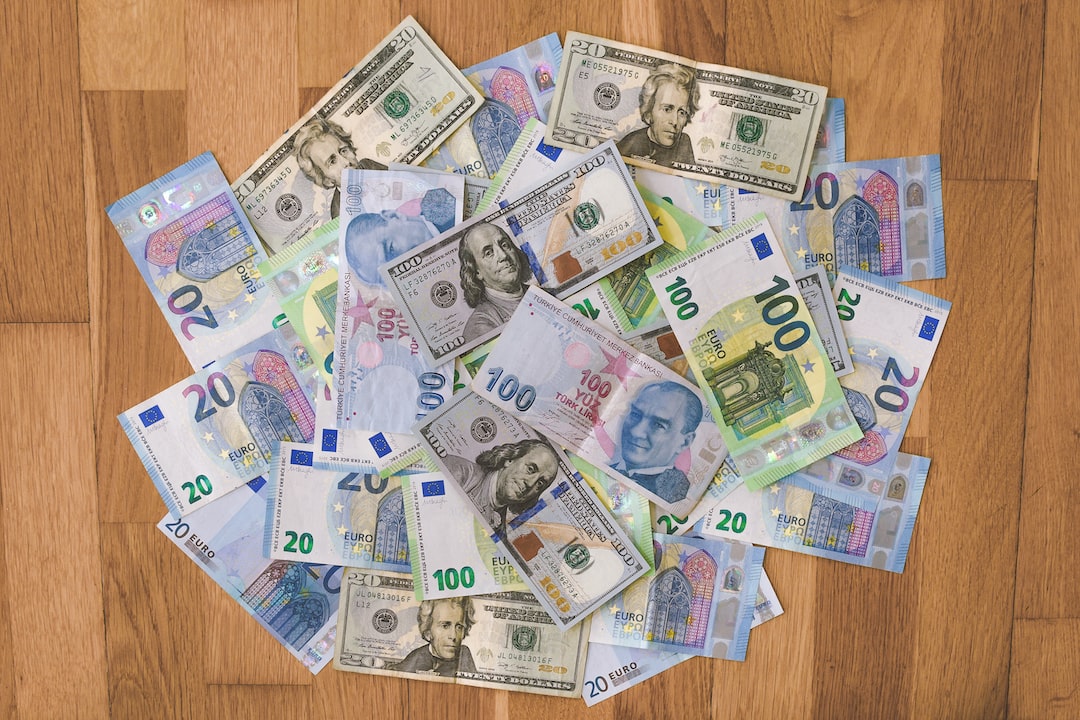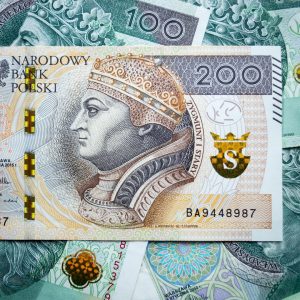Forex trading is a popular way for people to invest their money and potentially earn profits. However, one of the costs associated with forex trading is the spread. The spread is the difference between the bid price and the ask price of a currency pair. In this article, we’ll explore how much forex spreads are, how they work, and why they matter.
What are Forex Spreads?
Forex spreads are the difference between the bid price and the ask price of a currency pair. The bid price is the price at which a trader can sell a currency pair, while the ask price is the price at which a trader can buy a currency pair. The spread is the difference between these two prices.
For example, if the bid price for the EUR/USD currency pair is 1.2000 and the ask price is 1.2005, the spread is 0.0005, or 5 pips. Pips are the smallest unit of measurement in forex trading and represent a change in the fourth decimal place of a currency pair.
Spreads can vary depending on the currency pair being traded, the broker being used, and market conditions. Generally, major currency pairs like the EUR/USD, USD/JPY, and GBP/USD have lower spreads than exotic currency pairs like the USD/ZAR or USD/TRY.
How Do Forex Spreads Work?
Forex spreads work by adding a mark-up to the bid and ask prices of a currency pair. This mark-up is the profit that the broker makes on each trade. The mark-up can be fixed or variable and can vary depending on the broker and the currency pair being traded.
For example, if a broker has a fixed spread of 2 pips on the EUR/USD currency pair, the bid price would be 1.2000 and the ask price would be 1.2002. The spread would be 2 pips, or 0.0002.
If the broker has a variable spread, the spread can change depending on market conditions. For example, if there is high volatility in the market, the spread may widen to reflect the increased risk of trading.
Why Do Forex Spreads Matter?
Forex spreads matter because they affect the profitability of a trade. The wider the spread, the more a trader will have to pay in transaction costs. This can eat into profits and make it more difficult to make money from forex trading.
For example, if a trader buys the EUR/USD currency pair at a bid price of 1.2000 and sells it at an ask price of 1.2002, the trade would have a profit of 2 pips. However, if the broker has a spread of 3 pips, the trader would need to sell the currency pair at an ask price of 1.2003 to break even. This means that the trader would need to make a profit of at least 3 pips to make any money from the trade.
Forex spreads can also affect the liquidity of a currency pair. If the spread is too wide, it may be difficult to find a buyer or seller for the currency pair. This can lead to slippage, where the trader receives a different price than expected, and can result in losses.
Conclusion
Forex spreads are an important part of forex trading and can vary depending on the broker and the currency pair being traded. Spreads can affect the profitability of a trade and can make it more difficult to make money from forex trading. Traders should be aware of the spreads being charged by their broker and should choose a broker with competitive spreads and reliable execution.





